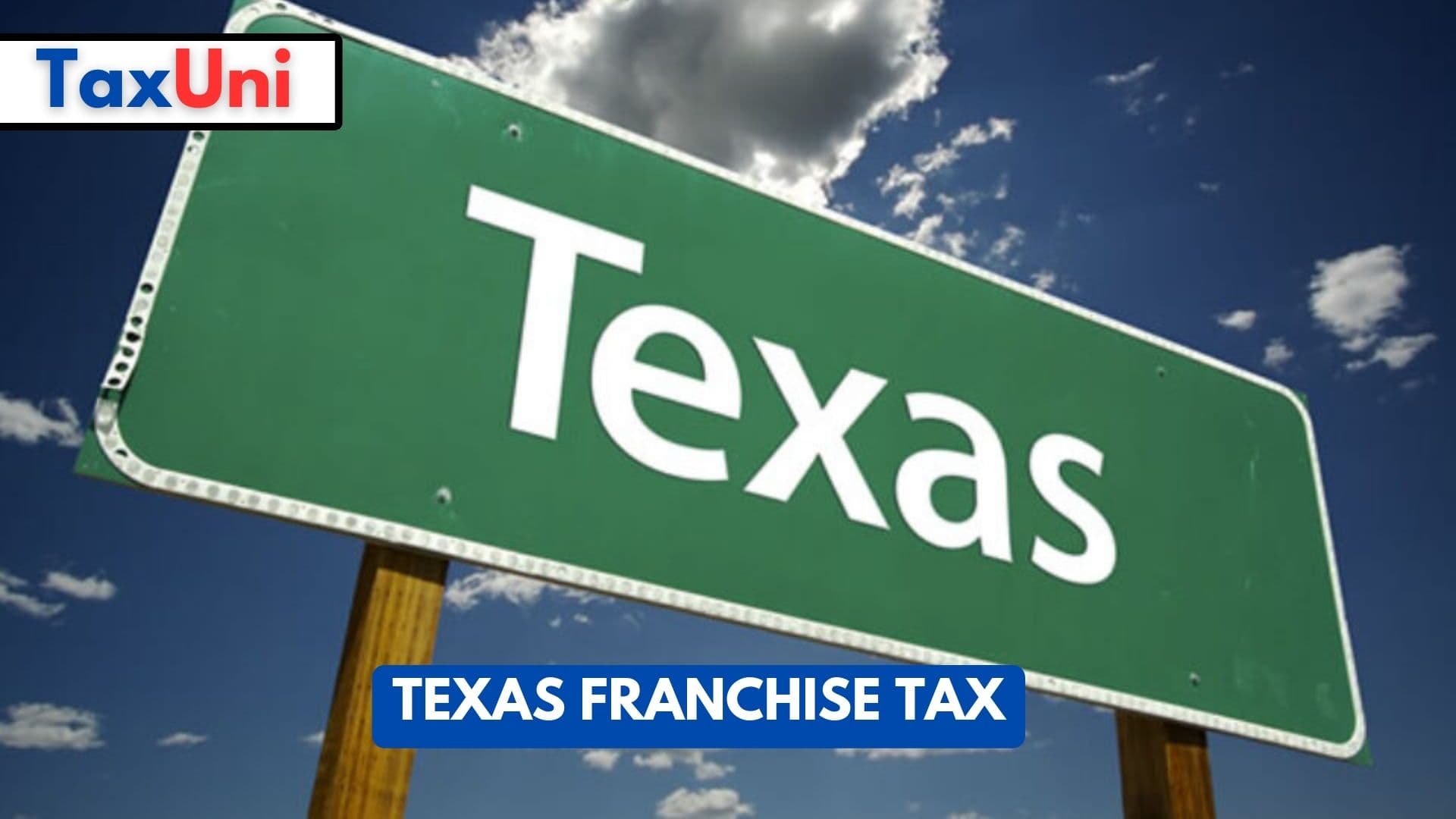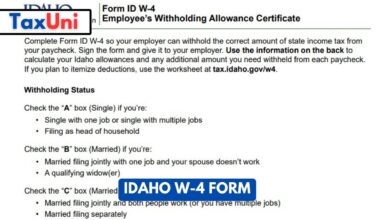Texas Franchise Tax
The Texas franchise tax applies to corporations, limited liability companies, and partnerships (general and limited) that are either organized in or doing business in the state.

Contents
As a business owner, you need to know your organization’s tax liability in order to accurately file and pay franchise taxes. These regulations are complex and can change regularly, so staying current’s important. A qualified tax professional can offer you personalized advice on minimizing your tax burden and help ensure all filings are completed correctly and on time. Texas Franchise Tax is a privilege tax levied on taxable entities such as corporations, limited liability companies, partnerships (general and limited), joint ventures, and other legal entities that are organized in Texas or, if formed outside of the state, conduct a business in Texas. It is not imposed on sole proprietorships, general partnerships directly owned by natural persons, or other specified legal entities such as some nonprofits and religious organizations.
The current Texas Franchise tax rate is 0.75% of the taxable base. However, there are additional fees and minimums that may apply, depending on your entity type and other factors.

Who is Subject to Texas Franchise Tax?
The tax is calculated on a portion of your Texas-sourced gross receipts (revenue) minus allowable deductions. This means you report your total income generated in Texas and then subtract qualifying expenses to arrive at the taxable base.
- Business entities: Corporations, partnerships, limited liability companies (LLCs), limited liability partnerships (LLPs), and business trusts.
- Other taxable entities: Nonprofits, estates, and trusts engaged in commercial activities.
How to File Texas Franchise Tax?
A Texas Franchise Tax report must be filed annually by every taxable entity in the state of Texas that has gross receipts or is required to register for sales taxes in the state of Texas. The report includes information on the entity’s revenue, assets, and liabilities and can be filed online or by mail. If filing by mail, the report should be accompanied by a TEXNET payment, check, or money order made payable to “Texas Comptroller” for any taxes due.
The franchise tax report is usually due on May 15th each year, although it can be extended to June 16th if a business has a no-tax-due threshold of less than $1.11 million. Any report filed late will be charged a penalty fee. For more information, visit the Texas Comptroller’s website. If you are part of a combined group, you must file Form 05-102, Texas Franchise Tax Public Information Report (PDF) or Form 05-167, Texas Franchise Tax Ownership Information Report (PDF). A final report and payment of tax is due within 60 days after the date that the taxable entity no longer has sufficient nexus with Texas to be subject to the franchise tax.

Important Things to Remember
- The annual franchise tax report and payment are due on May 15th of the following year.
- You can request an extension until June 15th, but must still pay any estimated tax due by May 15th.
- All reports and payments must be filed electronically through the Texas Comptroller’s website.
- Penalties and interest accrue on late filings and payments.
- The complexity of franchise tax varies depending on your entity type and business activities. It’s recommended to consult with a tax professional to ensure accurate filing and compliance.
- The Texas franchise tax is only one of several Texas taxes businesses may be subject to.
- There are exemptions and special provisions for certain types of businesses, such as limited partnerships and agricultural cooperatives.
- You may be eligible for tax credits or deductions that can reduce your franchise tax liability.





